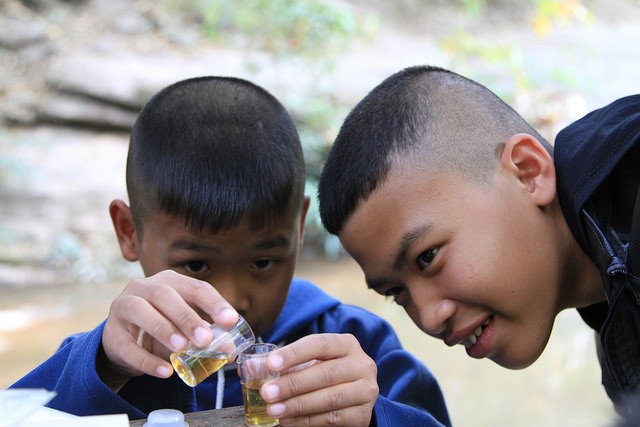Speeches Shim

The Lower Mekong Initiative (LMI) is a decade-long partnership between the United States, Cambodia, Laos, Myanmar, Thailand, and Vietnam to advance sustainable economic growth in the region. The initiative supports collaboration among member countries through programs that address shared challenges in the region. LMI is supported through two inter-disciplinary pillars: the Nexus Pillar (covering environment, water, energy and food), and the Human Development and Connectivity Pillar (covering STEM education, health, women’s empowerment, and economic integration).
Through the United States’ long history of engagement with the countries of Southeast Asia, there is an increasing awareness of the growing number of issues that cross national boundaries. The countries of the Lower Mekong sub-region share a variety of common concerns, including trans-boundary water resources management, infectious diseases such as dengue and pandemic influenza, and vulnerability to the negative effects of climate change. LMI seeks to support a common regional understanding of these issues and to facilitate effective, coordinated responses.
USAID supports LMI through the Connecting the Mekong through Education and Training program, a signature investment in workforce development under the initiative.
To learn more about the programs and initiatives of the Lower Mekong Initiative, go to http://lowermekong.org/.

Comment
Make a general inquiry or suggest an improvement.